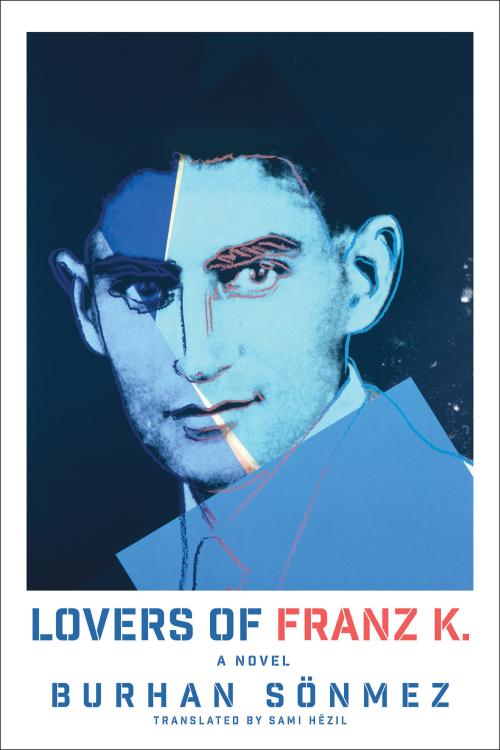1
WEST BERLIN POLICE STATION
Berlin is a city divided by a wall down the middle. People living there in the summer of 1968 are staring at the long wall and are complaining of the weather getting warmer and the buses running late. The interrogation room in the basement of the police station on Friesenstraße is cool. Stone walls spread damp in the room.
Commissioner Müller sits across from the suspect, Ferdy Kaplan, lighting a cigarette and blowing out the smoke. He mutters to himself as he examines the papers spread out on the desk.
COMMISSIONER MÜLLER: “Yes, the name used in the passport—”
FERDY KAPLAN: “Used? That is my real name, Ferdy Kaplan. But it does not matter.”
COMMISSIONER MÜLLER: “What does not matter?”
FERDY KAPLAN: “My name . . .”
COMMISSIONER MÜLLER: “Why not?”
FERDY KAPLAN: “The explanation is in the papers in front of you. There you can find the answers to your questions.”
COMMISSIONER MÜLLER: “If only it were so, Mr. Kaplan. We will get answers to some questions from you. Won’t we, boys?”
(The other three police officers in the room laugh.)
FERDY KAPLAN: “You want to know where I got the gun, and from whom, don’t you?”
COMMISSIONER MÜLLER: “We will get there. According to the file here, you are staying in the Steglitz neighborhood. Your mother is German, your father is Turkish. You seem to live in Istanbul, and you frequently visit Paris. First, tell me when you arrived in Berlin.”
FERDY KAPLAN: “I was born here. I am from here. Do not speak to me as if I were a foreigner.”
COMMISSIONER MÜLLER: “You are from here, but mostly you live elsewhere.”
FERDY KAPLAN: “That is not a crime. If you had lived in other places, perhaps you would have found yourself better professions.”
(Ferdy Kaplan looks toward the police officer taking notes at the next table.)
COMMISSIONER MÜLLER: “We have no complaints about our profession. We are in a better situation than you. Think about yourself, not us.”
FERDY KAPLAN: “I’m happy with the chair I am in.”
COMMISSIONER MÜLLER: “How can you be so sure of yourself?”
FERDY KAPLAN: “I can tell you if you would like to hear.”
COMMISSIONER MÜLLER: “Oh, can you?”
FERDY KAPLAN: “Yes, let me explain.”
COMMISSIONER MÜLLER: “Well then . . .”
FERDY KAPLAN: “Where would you like me to start?”
COMMISSIONER MÜLLER: “Why don’t you start with your origin? Kaplan is a Jewish name . . .”
FERDY KAPLAN: No, it is a popular surname in Turkey. It means tiger in Turkish.”
COMMISSIONER MÜLLER: Tell me about your mother and father . . . People like you are rare.”
FERDY KAPLAN: “What do you mean?”
COMMISSIONER MÜLLER: “Suspects are mostly tight-lipped; they are not inclined to speak openly.”
FERDY KAPLAN: “People with no beliefs behave that way; they are afraid of talking.”
COMMISSIONER MÜLLER: “Is there a belief in committing a crime?”
FERDY KAPLAN: “I don’t think that I committed a crime, I only did what I believed in. I did what had to be done.”
COMMISSIONER MÜLLER: “You did ‘what had to be done,’ is that so? Honestly, I am curious now how you are going to explain all of this.”
FERDY KAPLAN: “Everything I will mention is available in your records, you don’t need to take notes. (Ferdy Kaplan glances at the police officer at the next table taking notes.) My mother was a Nazi supporter. My Turkish father shared the same ideas. They died here during a Soviet bombardment in the last days of the war. My grandfather rescued me out of the ruins. When he fell ill with his kidneys, he must have realized a year later that he wouldn’t live long and sent me off to my father’s family in Istanbul.”

